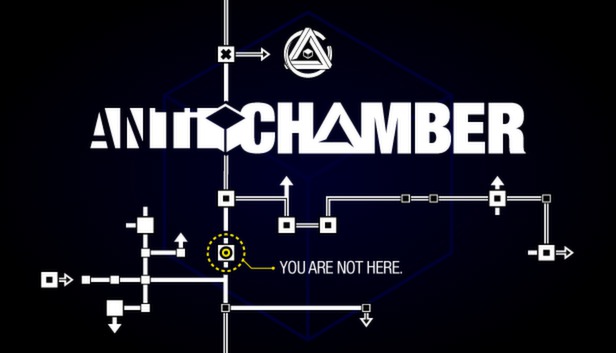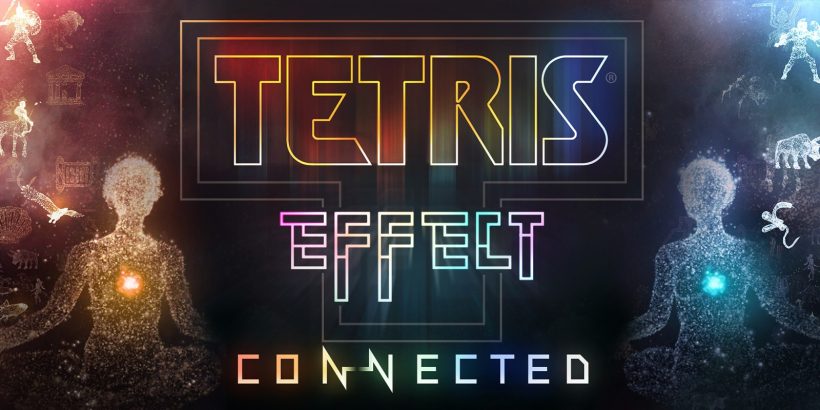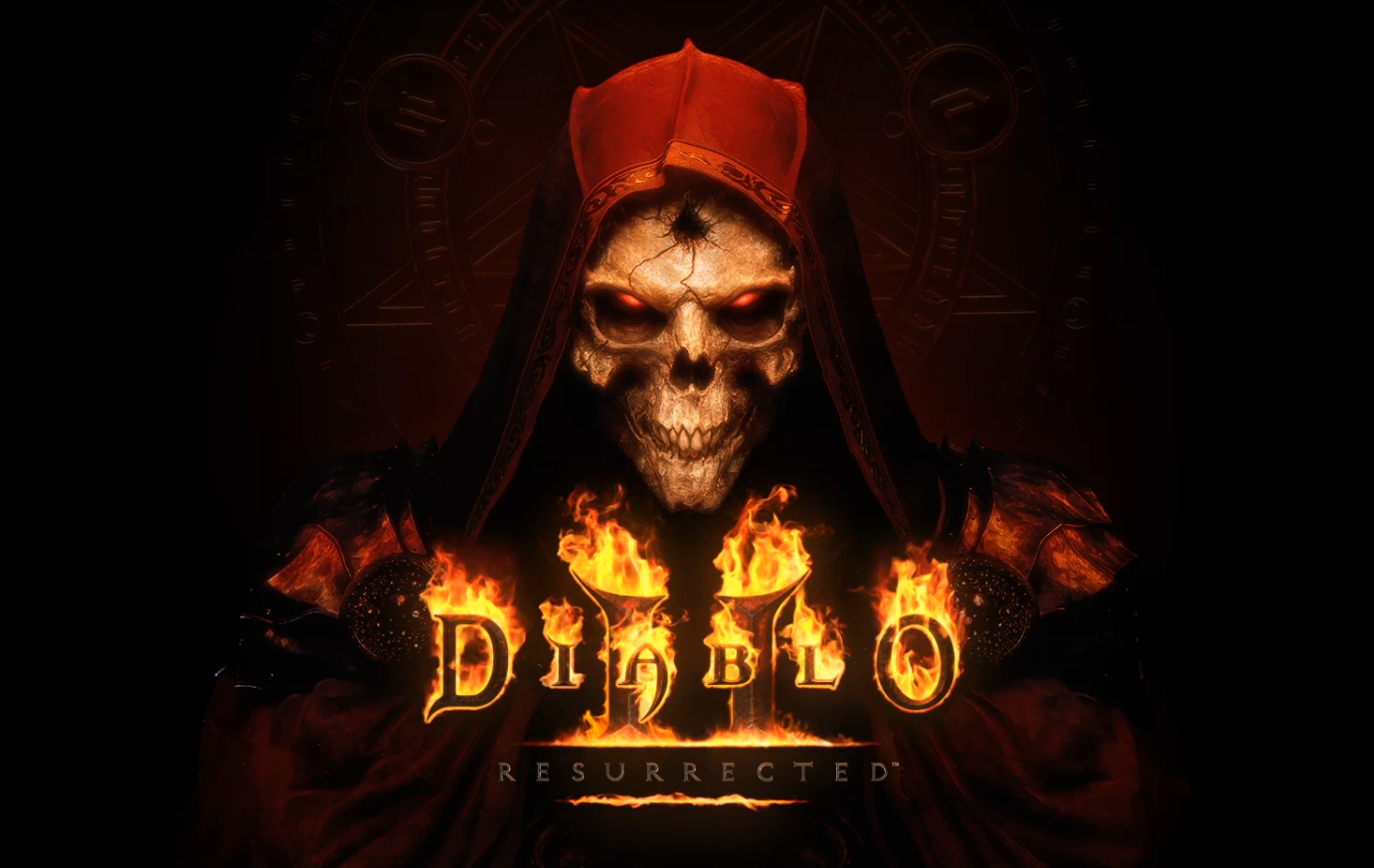Have you ever experienced that exhilarating “Aha!” moment when a complex problem suddenly clicks into place? That deep satisfaction of logical deduction leading to triumph? Puzzle video games are designed to deliver precisely that feeling, transforming intellectual challenges into endlessly engaging and rewarding digital experiences.
More than just time-killers, puzzle games are a playground for your mind. They challenge your logic, spatial reasoning, pattern recognition, and sometimes even your creativity, all within cleverly designed systems. From manipulating blocks and matching colors to navigating intricate environmental conundrums and uncovering hidden truths, this genre proves that mental agility can be just as thrilling as any physical feat.
This guide will unlock the core principles that define puzzle games, trace their fascinating evolution from simple arcade mechanics to profound narrative experiences, and spotlight the ingenious titles that have captivated problem-solvers for decades. Get ready to put your brain to the test!
The Ingenious Challenge: What Defines Puzzle Games?
Puzzle games are fundamentally about intellectual engagement, requiring players to think critically and strategically to overcome obstacles. Key characteristics include:
- Logic & Problem-Solving: The primary gameplay revolves around analyzing information, identifying patterns, deducing solutions, and executing them, often in a series of steps.
- Clear Rules & Systems: Even the most complex puzzles operate within a well-defined set of rules that players must learn and exploit.
- “Aha!” Moments: The genre thrives on the satisfying breakthrough when a solution becomes clear after a period of struggle or contemplation. This payoff is a core part of the appeal.
- Varied Mechanics: Puzzles can involve a vast array of mechanics, including physics manipulation, spatial reasoning, sequential logic, pattern matching, resource allocation, and even narrative clues.
- Often Contemplative Pacing: Unlike action-heavy genres, puzzle games frequently encourage thoughtful consideration and experimentation, though some subgenres can be fast-paced.
- Accessibility & Depth: Many puzzle games are easy to pick up, with simple core mechanics, but offer incredible depth and complexity as the player progresses, providing a significant learning curve.
From Simple Blocks to Complex Worlds: Evolution of Puzzle Games
The history of puzzle games is one of relentless innovation, continually finding new ways to challenge the mind and integrate puzzles into broader experiences:
- Arcade Origins & Early Classics (1970s – 1980s): Early arcade games like Breakout (1976) and Arkanoid introduced brick-breaking challenges. However, it was Tetris (1984) that truly defined the genre. Its simple yet infinitely deep concept of falling blocks became a global phenomenon, captivating players across every platform and proving the universal appeal of abstract puzzle-solving.
- Adventure Hybrids & PC Dominance (1990s): The rise of adventure games on PC often heavily incorporated puzzles. Myst (1993) became a landmark, creating an immersive, narrative-driven experience where environmental puzzles were central to uncovering the story, ushering in an era of thoughtful, exploration-based puzzle design.
- Physics Puzzlers & Narrative Integration (2000s): The turn of the millennium saw a surge in physics-based puzzle games, epitomized by Portal (2007). Portal innovated by integrating ingenious physics puzzles directly into a compelling narrative, showcasing how puzzles could be a powerful storytelling device. Casual matching games like Bejeweled (2001) and later Candy Crush Saga (2012) also soared in popularity on mobile platforms.
- Indie Renaissance & Experimental Design (2010s – Present): The indie game scene became a hotbed for puzzle innovation. Games like The Witness (2016) created sprawling open worlds built entirely around environmental puzzles. Baba Is You (2019) redefined logic itself as a puzzle mechanic. This era continues to see incredible creativity, blending puzzles with exploration, narrative, and unique conceptual twists (Return of the Obra Dinn, Outer Wilds).

Categories of Conundrums: Key Puzzle Game Subgenres
The puzzle genre is incredibly diverse, offering a challenge for every type of thinker:
- Logic Puzzlers: Focus on deduction, sequential thinking, and often abstract problem-solving (e.g., Sudoku (digital versions), Minesweeper, Picross).
- Matching / Tile-Matching: Games where players arrange or clear elements based on color, shape, or pattern (e.g., Tetris, Candy Crush Saga, Bejeweled, Puyo Puyo).
- Physics-Based Puzzlers: Involve manipulating objects and environments based on realistic (or stylized) physical laws to achieve a goal (e.g., Portal series, Cut the Rope, Bridge Constructor series).
- Adventure Puzzlers (or Puzzle-Adventure): Combine extensive puzzle-solving with exploration, narrative progression, and often a strong emphasis on uncovering a story (e.g., Myst series, The Room series, Return of the Obra Dinn).
- Environmental Puzzlers: Where the environment itself is the puzzle, requiring players to observe, experiment, and understand the unique rules of the world to progress (e.g., The Witness, Antichamber, Maquette).
- Escape Room Games: Focus on finding clues, manipulating objects, and solving interconnected puzzles within a confined space to “escape” (e.g., Rusty Lake series, The House of Da Vinci).
- Platform-Puzzlers: Blend precise platforming with clever puzzle mechanics, often requiring unique abilities or environmental manipulation (e.g., Limbo, Inside, Braid).
Mind-Bending Masterpieces: Must-Play Puzzle Games
These titles represent the pinnacle of the puzzle genre, renowned for their ingenious design and lasting impact:
- Tetris Effect: Connected (2018): A stunning modern take on the timeless classic, blending the addictive block-dropping gameplay with breathtaking visuals and an incredible soundtrack for a truly transcendent experience.
- Portal 2 (2011): A comedic masterpiece that revolutionized physics-based puzzles, blending ingenious mechanics (portals!) with brilliant writing, memorable characters, and a compelling narrative.
- The Witness (2016): A sprawling, open-world environmental puzzle game that teaches its own unique visual language, leading to profound “Aha!” moments and a deep understanding of its intricate design.
- Myst (1993 Remake / Original): A landmark adventure puzzler that defined a generation, offering a mysterious world to explore and challenging, interconnected environmental puzzles that slowly reveal its deep lore.
- Baba Is You (2019): An incredibly innovative and mind-bending puzzle game where the rules of the game itself are objects you can manipulate to solve the puzzle, leading to truly surprising solutions.
- Return of the Obra Dinn (2018): A unique and brilliant deduction puzzle game where players must piece together the fates of a ship’s crew using limited clues and ingenious logic.
- Gorogoa (2017): A stunningly artistic and inventive puzzle game where players manipulate beautifully drawn panels, zooming in and out and rearranging them to create new connections and pathways.
- Outer Wilds (2019): While primarily an exploration game, its entire premise is a vast, interconnected environmental puzzle. Players must piece together clues across a miniature solar system to understand a time loop, truly relying on intellectual discovery.
Underrated Brain Teasers: Hidden Puzzle Gems
Seek out these compelling puzzle games that might have flown under your radar:
- Antichamber (2013): A surreal and mind-bending first-person puzzle game that constantly defies player expectations and challenges conventional spatial reasoning.
- Opus Magnum (2017): A highly addictive programming puzzle game from Zachtronics, where players design intricate machines to transmute elements, rewarding efficiency and clever design.
- The Room series (2012-Present): A series of immersive mobile (and later PC) puzzle games focused on manipulating intricate, tactile puzzle boxes with a strong sense of mystery and atmosphere.
- What Remains of Edith Finch (2017): More of an interactive story, but each segment is a unique, often emotionally resonant, puzzle-like experience that blends narrative with unique mechanics.
- Patrick’s Parabox (2022): A brilliant and elegant puzzle game about pushing boxes, but with recursive box-pushing mechanics that introduce mind-bending loops and infinite possibilities.
Why We Love to Solve: The Enduring Appeal of Puzzle Games
The magnetic pull of puzzle games lies in their ability to provide:
- Intellectual Satisfaction: The profound joy of overcoming a mental block, finding a clever solution, and feeling truly smart.
- Stress Relief & Focus: For many, the concentrated effort required to solve puzzles can be a meditative and calming experience, allowing them to decompress.
- Accessibility & Depth: Many puzzle games are easy to understand but offer incredible depth and complex challenges that keep players engaged for hours.
- Pure Creativity: Some puzzle games allow players to design their own solutions, fostering a sense of ingenuity and personal expression.
- Replayability: The pursuit of more efficient solutions or simply re-experiencing the “Aha!” moment keeps players coming back.
Conclusion: Unlock Your Potential!
Puzzle video games are a vibrant testament to ingenuity, logic, and the endless possibilities of creative design. They challenge our minds, sharpen our wits, and deliver a unique brand of satisfaction that proves brainpower is often the most thrilling superpower of all.
What’s the most challenging puzzle game that ever made you feel truly clever? Which game’s “Aha!” moment sticks with you the most?
Now that you’ve explored the intricate world of puzzle video games, we’d love to hear about your clever triumphs! Head over to our Review Page to share your personal reviews of your favorite puzzle titles, discuss your most satisfying solutions, or simply tell us what brain-teasing challenges you love to conquer!




Leave a Reply